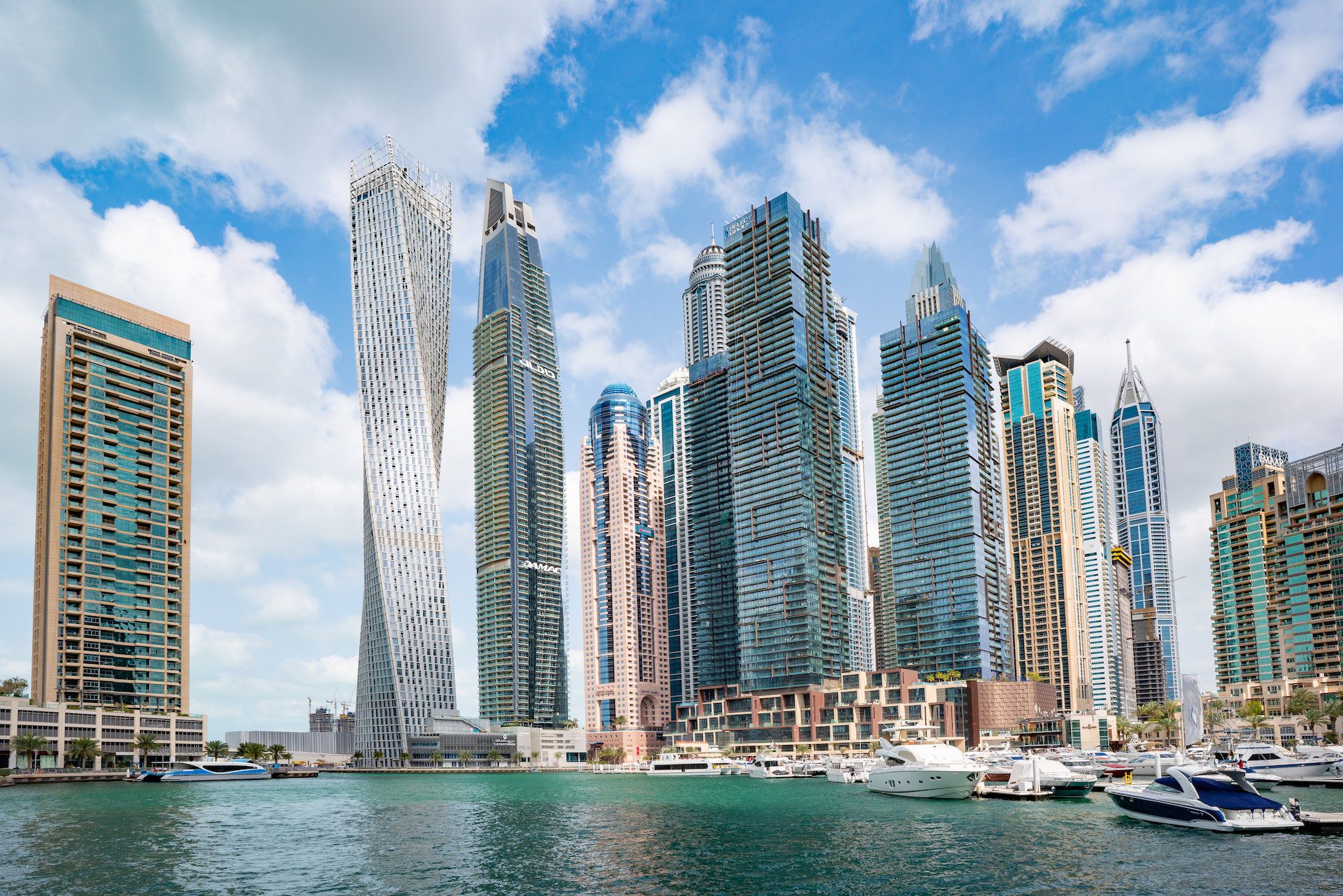Home to one of the biggest ports in the world, the UAE is an integral shipping hub in the global trading ecosystem. While shipping law can be a complicated area of the legal framework given competing jurisdictions involved in the international arena, the UAE has its own laws for sorting out maritime disputes.
When it comes to maritime debt, the UAE Federal Maritime Law (FML) under Law 26/1981 allows for the provision of provisional relief in the form of a right of arrest. Article 115 of the FML outlines the specific criteria that define a “maritime debt.” However, certain conditions must be met to establish the grounds for such a claim.
Upon filing an application with the appropriate Civil Court that holds jurisdiction over the relevant ports, the plaintiff is required to provide evidence substantiating the existence of a maritime debt. In some cases, the plaintiff may also be required to furnish a bank guarantee as a form of security.
According to Article 115/2 of the FML, the following provision is outlined:
The term “maritime debt” refers to a claim arising from any of the following circumstances:
- Damages caused by the vessel, whether due to collision or other causes.
- Loss of life or personal injuries resulting from the use of the vessel.
- Assistance and salvage operations.
- Contracts relating to the vessel’s use or exploitation, including charter contracts or other agreements.
- Contracts related to the transportation of goods, such as charter contracts, bills of lading, or other relevant documents.
- Loss or damage to goods or belongings carried onboard the vessel.
- Instances of general average.
- Towing or piloting services provided to the vessel.
- Supplies of necessary products or equipment for the vessel’s use or maintenance, regardless of the location of supply.
- Construction, repair, or outfitting of the vessel, along with associated dock costs.
- Expenses incurred by the master, shippers, charterers, or agents on behalf of the vessel or its owner.
- Wages of the master, officers, crew, and other individuals working onboard the vessel under a contract of maritime employment.
- Disputes concerning vessel ownership.
- Disputes related to common ownership, possession, or use of the vessel, as well as rights to profits derived from its use.
- Matters involving maritime mortgages.
These various scenarios fall under the definition of “maritime debt” as stipulated in the UAE Federal Maritime Law.
Jurisdictional considerations in maritime cases:
In maritime cases, the courts may require evidence from the port to establish that the defendant is the vessel’s owner and that the vessel is currently harbored within the port limits. However, even if the vessel is not flying the UAE flag, the civil court has the authority to adjudicate on a claim. This principle also extends to cases involving foreign nationals who do not reside in the UAE, as outlined in the Civil Procedure Code of 1992.
Since the UAE is not a signatory to any international shipping conventions, the applicable law in such cases is solely the domestic law of the UAE. Additionally, various port authorities across the emirates have been granted the power to arrest and detain vessels under specific circumstances. The Federal Maritime Law (FML) also provides legal recourse in cases related to shipping collisions.
In conclusion, while specific requirements such as proof of vessel ownership and presence within port limits may be necessary for the court’s consideration, the civil court in the UAE has the jurisdiction to adjudicate on maritime claims, even in cases where the vessel does not bear a UAE flag. The absence of international shipping conventions means that the domestic laws of the UAE prevail in such cases. Furthermore, individual port authorities in different emirates hold the authority to arrest and detain vessels when required. The UAE’s Federal Maritime Law (FML) also provides legal remedies for shipping collision cases.
If you have any inquiries or concerns about maritime disputes, please feel free to reach out to our esteemed team of legal experts. They will diligently assist you in finding the most suitable solution. Give us a call now at +971 4 578 6050.



